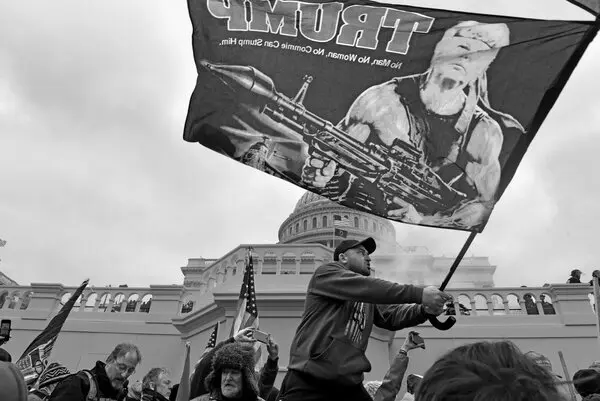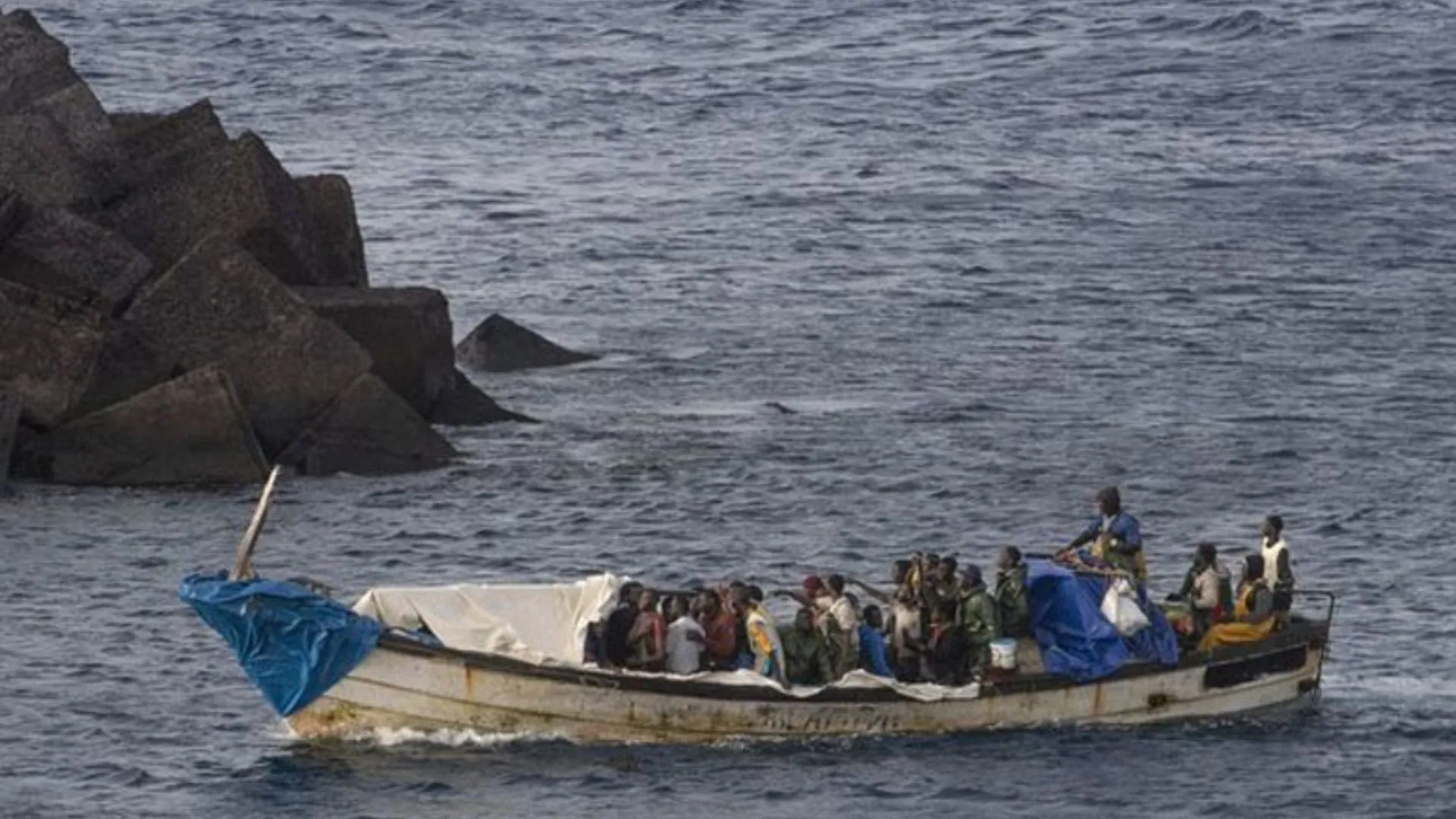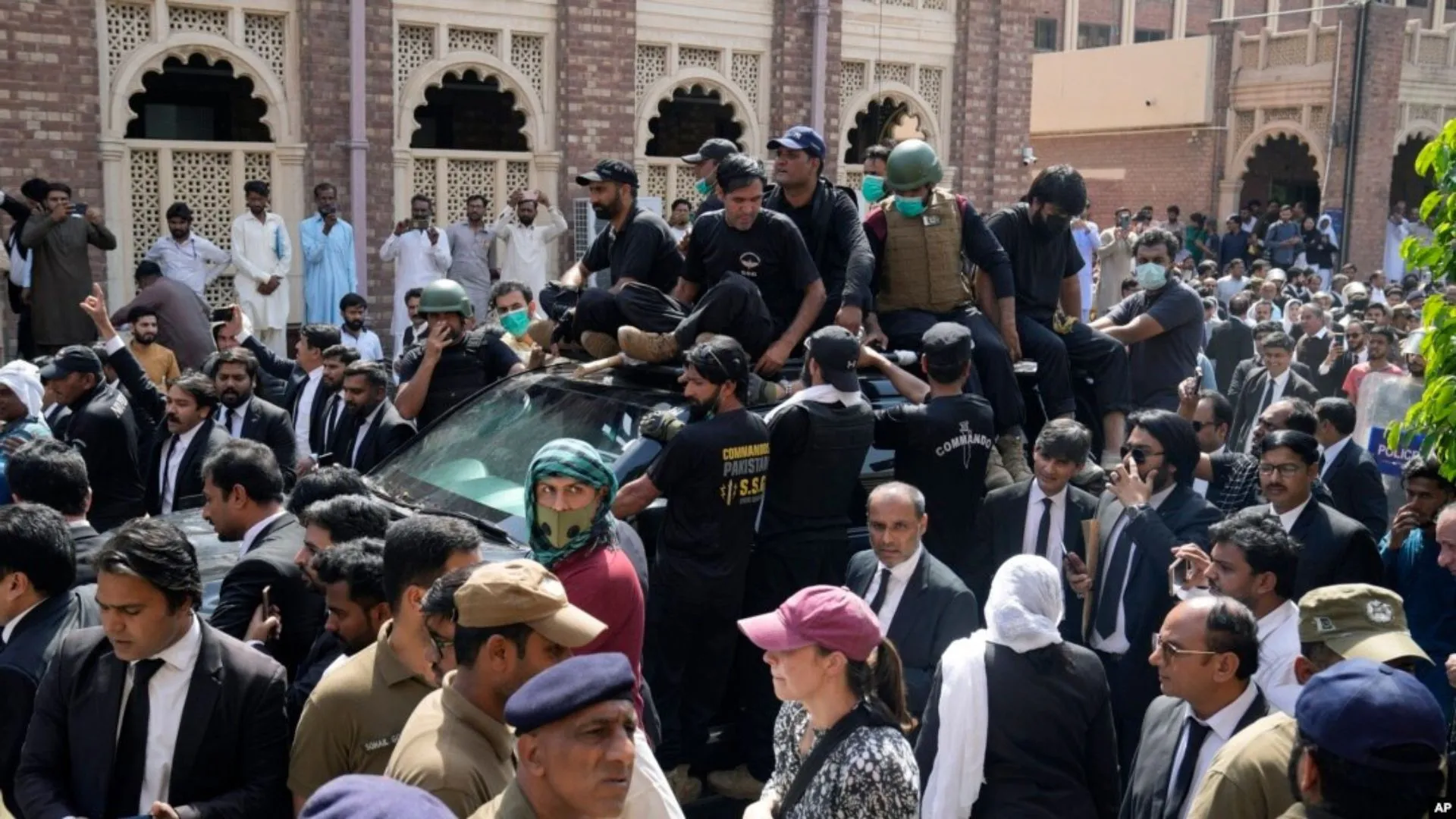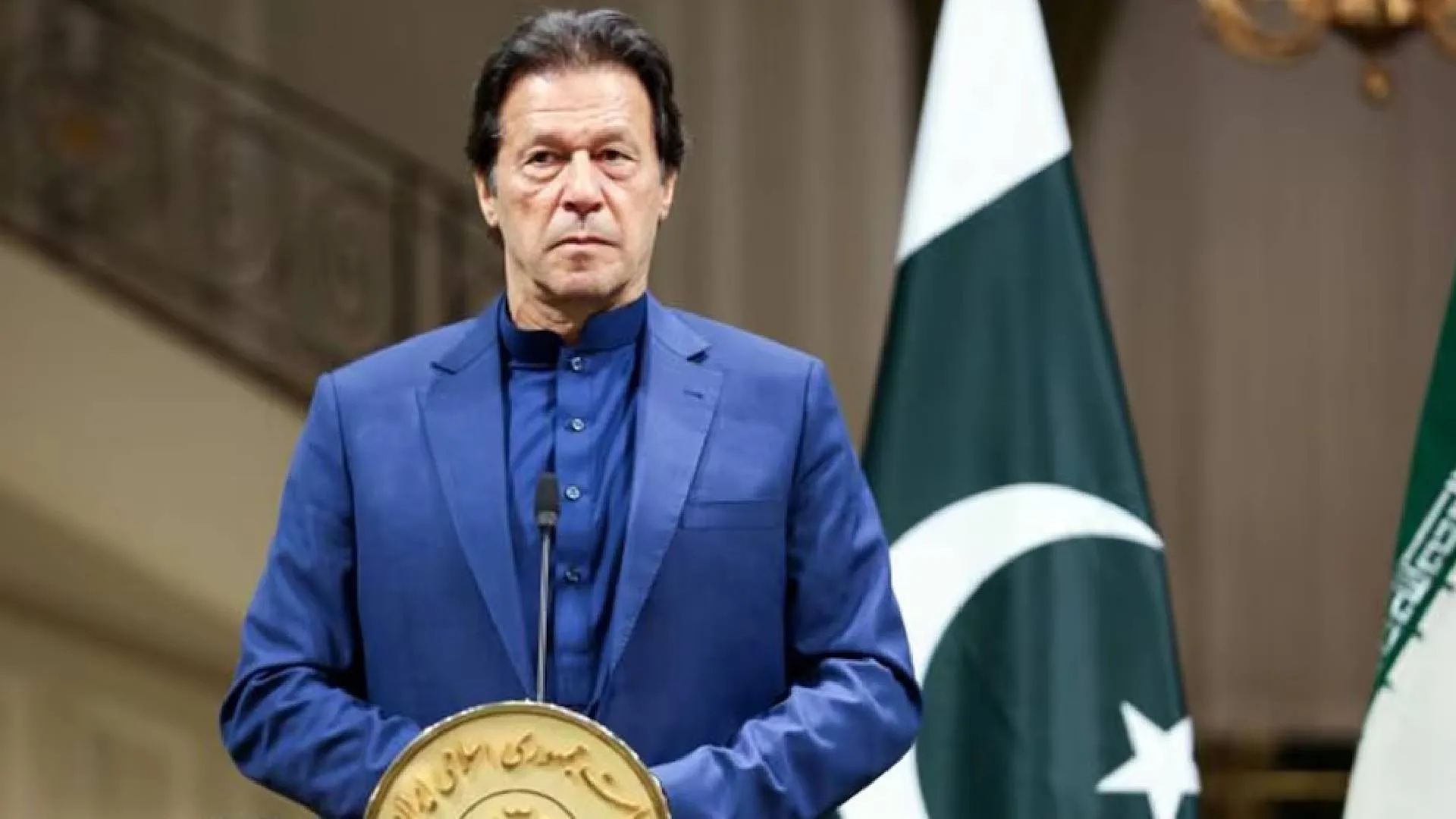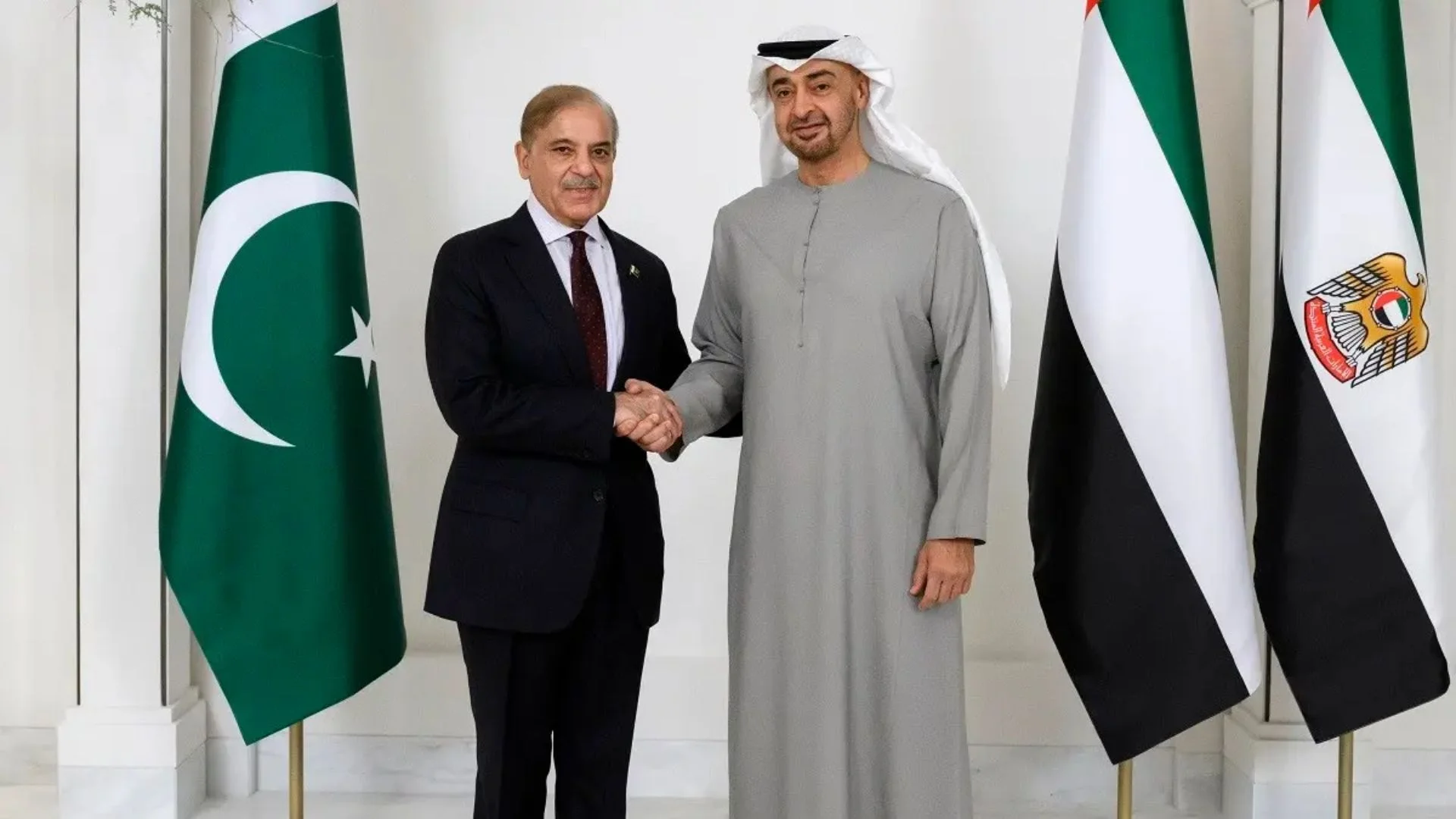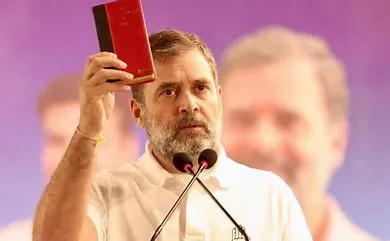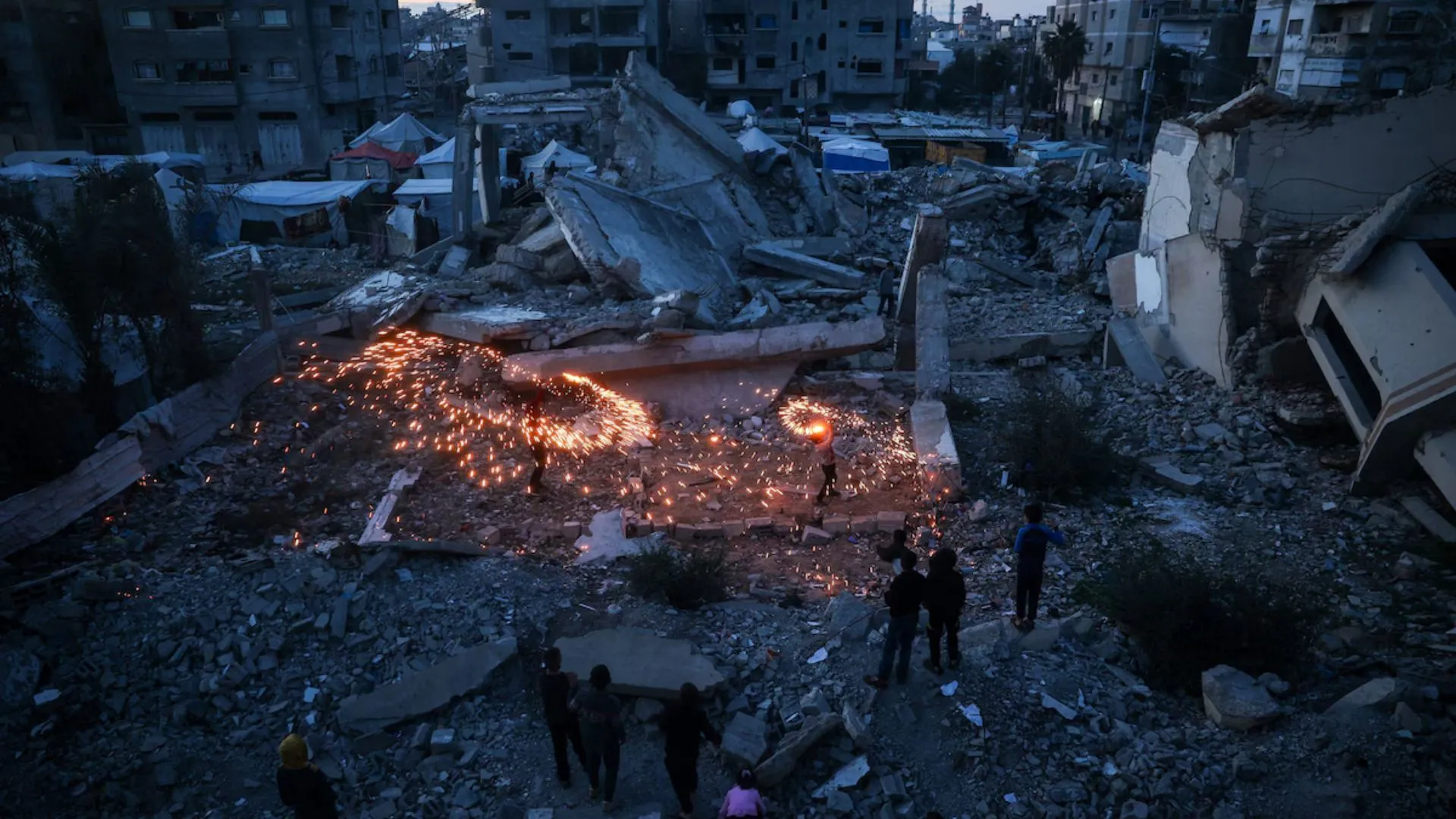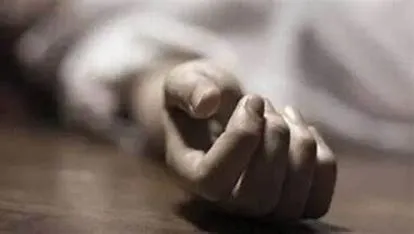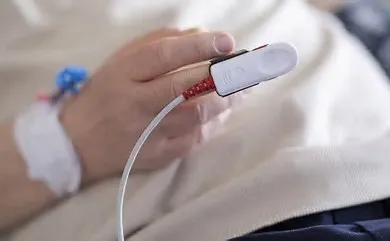The momentous shooting attempt on the former US President and Republican nominee for the upcoming US Presidential elections, Donald Trump, shook the world this week. If this was not enough, violence in Bangladesh over the quota system left over 39 killed this week.
This week, former US President Donald Trump was shot at an event held in Butler, Pennsylvania. Trump survived with a wound to the ear, while one person died and two others got seriously injured. The US Secret Service, reported that Trump was unhurt and the shooter was killed. However, the Service is under serious questions for failing their duty of offering protection to ex-Presidents for the remainder of their lives.
While still delivering his speech in Butler, Donald Trump was addressing illegal border crossings when a gunfire was heard on 13th July. For a few seconds, it was like Trump didn’t realize what was happening but then he reached up to the right side of his head and it was clear that he was reacting to what he had heard. After this, as he usually does, his bodyguards went into action and he was pushed off the stage he was speaking on, as a precautionary measure.
This incident is critical because it is the first assassination attempt on a president or presidential candidate since Ronald Reagan was shot in 1981. Given the presidential election is just months away, and Trump is now the official Republican nominee for the third term (which was announced in the Republican National Convention after this vicious attempt), it follows that this event will have major repercussions for the presidential race and for US politics generally. This will likely be the news for the global politics and international affairs in the coming days as the investigation proceeds and evidence trickles out.
Thomas Matthew Crooks, a 20-year-old Pennsylvania resident whom police suspect of the attack, was shot and killed by officers. A rifle resembling was found at the scene, but no motive for the attack has been found yet. The FBI have said they are, however, investigating the shooting. The tragic event reverberated worldwide, prompting leaders to come together in solidarity to denou nce the act of violence and reject any form of political aggression.
Indian Prime Minister Narendra Modi also expressed his profound worry over the attack on his acquaintance.
Though assassination attempts on the US presidents are not new, this incident holds a critical significance in the US politics.
At this stage, Biden seems to be losing his ground in the elections, Trump seems to be emerging as a winner. However, the aim of this attempt still remains a question. The assassin was a misanthrope or associated with any terrorist group, or was there any foreign involvement remains a puzzle to resolve.
On the other hand, a total of 39 individuals lost their lives in Bangladesh during student demonstrations against civil service recruitment regulations this week. In the capital city of Dhaka, law enforcement clashed with a large group of protesters, resorting to firing rubber bullets. In response, the demonstrators pursued the officers to the Bangladesh Television (BTV) headquarters, setting the building ablaze News reports have indicated that numerous government structures have been set on fire during the protests, causing significant disruptions in telecommunications. Overseas calls have been experiencing difficulties connecting, while local internet services have been severely impacted. The current quota system and the escalating unemployment rates have sparked protests among students.
With approximately 32 million young people out of work or not pursuing education in a country with a population of 170 million, demonstrators are demanding a merit-based system.
The quota system in Bangladesh has undergone multiple revisions since its establishment in 1972. It encompasses different segments of the population, such as families of freedom fighters, with women and individuals from underdeveloped districts each receiving a tenth of the quota. Furthermore, five percent is set aside for Indigenous communities, and one percent is earmarked for the disabled.
The protests began a month ago after the Bangladesh high court ruled to reinstate a quota system for government jobs, violating the 2018 decision by Prime Minister Sheikh Hasina’s government to abolish it. However, the country’s Supreme Court halted the order of the high court following the government’s appeal against it and announced a hearing on 7th August to consider the government’s objection.
Tensions have risen since Sheikh Hasina refused to yield on the students’ demands, referring to the pending cases. The clashes broke out this week between hundreds of anti-quota protesters and student wing members of Hasina’s Awami League party. The situation still did not subside despite the police firing of rubber bullets, tear gas, and noise grenades to break up the protests. Sheikh Hasina has declared a judicial investigation into the recent unrest. She emphasized the importance of identifying the instigators behind the conflict and uncovering their motives for destabilizing the country.
Just like fever is a symptom of an infection in the body, violence is a symptom of contagion in the mindsets or in the society. It is important to understand the root cause behind the violence or the contamination to find the holistic solution. Apart from the leaders, we, as in you and I can also contribute significantly by promoting peace and justice in our society. That’s the essence of democracy!

